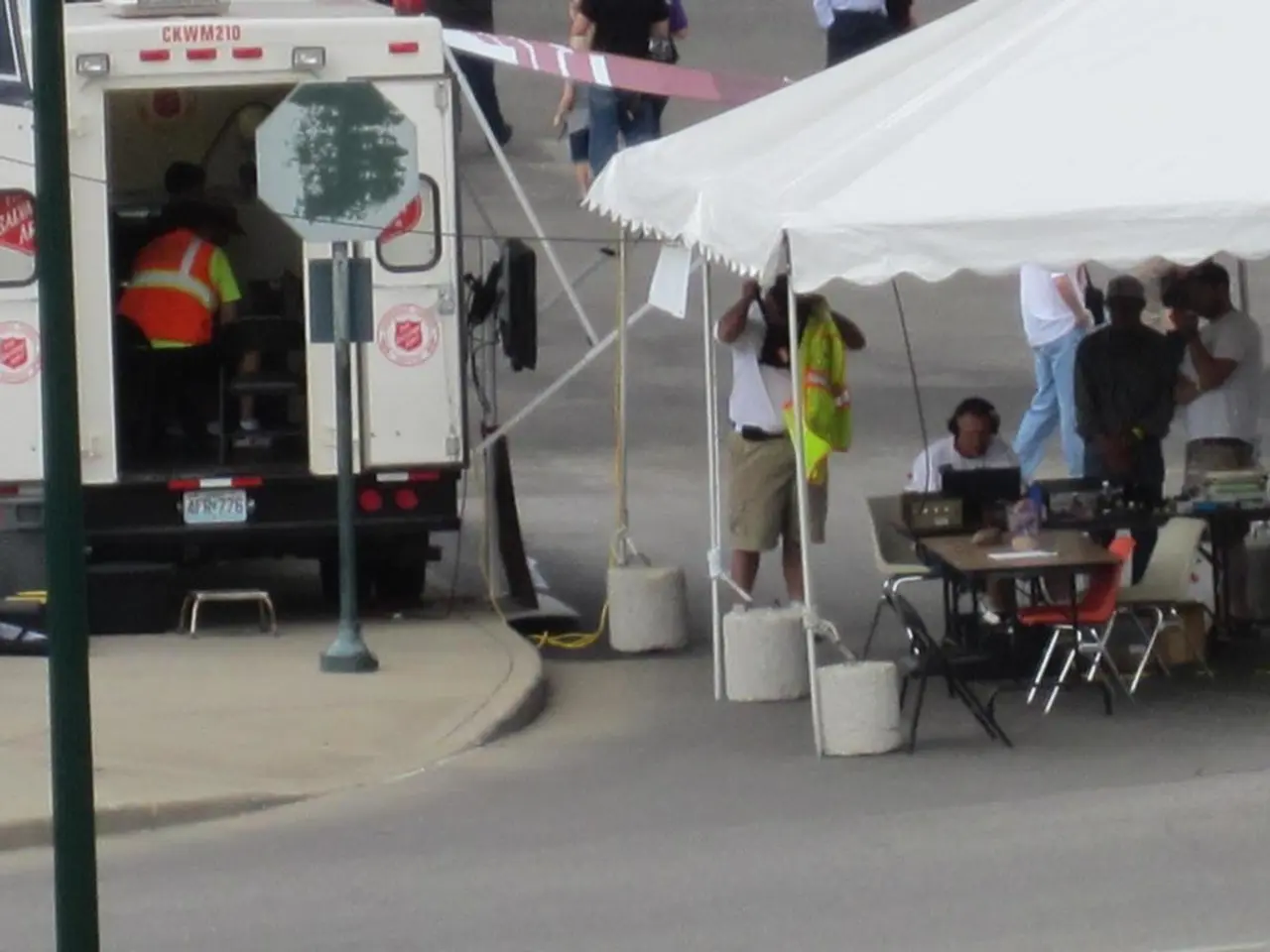International delegates, including EU officials and 26 foreign ministers, advocate for non-governmental organizations to secure access to Gaza
In a joint declaration, representatives from 26 Western countries and the EU Commission have called on Israel to immediately grant permanent access to the Palestinian territory for the United Nations, non-governmental organizations, and humanitarian actors. The declaration comes as a response to the worsening humanitarian crisis in Gaza, where widespread famine has been confirmed for the first time.
The declaration, signed by the Foreign Ministers of most EU countries, Australia, Canada, Iceland, Japan, Norway, Switzerland, and the UK, among others, urges Israel to allow unimpeded, sustained humanitarian access to prevent further civilian suffering and loss of life.
As of August 2025, humanitarian aid deliveries into Gaza are severely constrained. Between 20 July and 3 August 2025, about 12,000 metric tons of food were brought into Gaza via UN-coordinated mechanisms, but this amount is far below the needs, reflecting a 74% reduction in daily meals served compared to April.
Moreover, more than 90% of some food aid consignments brought in have been looted or forcibly taken by crowds or armed groups along convoy routes, resulting in over 1,500 fatalities and 10,000 injuries since late May 2025. The World Food Programme (WFP) has officially declared famine in Gaza, with hundreds of thousands in catastrophic food insecurity and over a million in emergency or crisis phases.
The European Commission's Foreign Affairs Commissioner, Kaja Kallas, has emphasized the need for immediate and full humanitarian access through all safe routes, including authorizing all international NGO shipments and allowing humanitarian actors to operate unhindered.
The UN relief chief and multiple UN agencies have collectively called for unimpeded access for the full humanitarian movement, highlighting that restricted commercial and aid access fuels the famine and civilian suffering. They emphasize the necessity of removing obstacles to aid delivery and protection for aid workers.
Over 100 humanitarian organizations have warned against Israeli restrictions and threatened bans on major aid agencies, criticizing the Israeli government’s control over aid coordination which they say contradicts international humanitarian law and endangers both civilians and aid workers.
Israel, however, denies restricting aid volumes but has imposed registration and operational barriers on international NGOs and maintains a blockade impacting commercial and humanitarian supplies. The UN Office of the High Commissioner for Human Rights reports high fatalities among Palestinians, with over 1,300 killed since late May while seeking food aid near distribution points and along convoy routes, attributing most killings to Israeli forces.
Israeli Prime Minister Benjamin Netanyahu has recently reaffirmed that there is no famine in the Gaza Strip. He stated that the only ones going hungry in the Gaza Strip are the hostages held by Hamas. The declaration also calls for the protection of civilians and aid workers at distribution points.
The international community's urgent call for action aims to avert further famine-related deaths and ensure the protection of civilians and aid workers in Gaza.
Read also:
- Massive 8.8 earthquake hits off the coast of Russia's Kamchatka Peninsula, prompting Japan to issue a tsunami alert.
- Court petitions to reverse established decision on same-sex marriage legalization
- Independence supporters in New Caledonia refuse agreement offering authority without a vote on sovereignty
- Proposed Standardization of Food Labeling Laws Among Member States by the Commission








